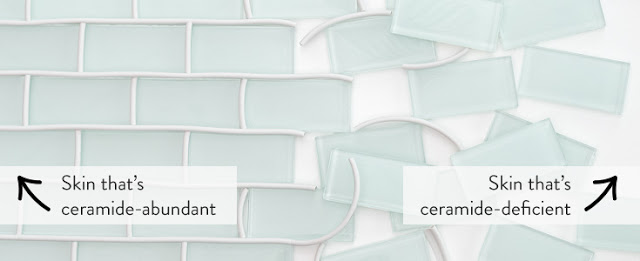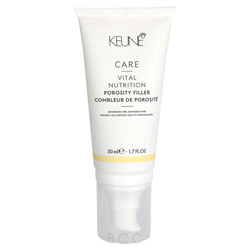Ingredient: Ceramides
What are ceramides?
A component of the skin barrier, ceramides are lipids (aka fat molecules) that are found naturally in high concentrations in the uppermost layers of skin. Ceramides are a vital component of the skin. They are the body's natural moisturizer, and the barrier that prevents dehydration. They make up over 50% of skin's composition. So, it's not a surprise they play a big role in determining how your skin looks and how it responds to environmental threats.
Why are ceramides so important?
Think of ceramides as the mortar between bricks - if the bricks are your skin cells. Ceramides help hold skin together by forming a protective layer that limits moisture loss and protects against visible damage from pollution and other environmental stressors. In addition, ceramides - even more than retinol, niacinamide, and peptides - are one of the anti-aging 'powerhouses' responsible for supporting skin's dynamic nature. Two particular ceramide precursors - phytosphingosine and sphingolipids - actually help skin make more ceramides.

On the flip side, when your skin doesn't contain enough ceramides, it shows. When the skin lacks ceramides, the barrier becomes compromised, resulting in dryness and irritation. If you think about it, this makes total sense: One of the main functions of our skin is to protect us from the outside world. When it lacks the right ratio of ceramides, our skin barrier doesn't perform optimally, and the health of our skin goes haywire.
Ceramide depletion can happen for a number of reasons. As with so many things in life, there are numerous factors that can contribute. For starters, much like hyaluronic acid, ceramides are produced naturally by the skin, but they become depleted over time as we age. Specifically, after age 20, the body produces fewer ceramides at a loss of one percent per year.
While we can't keep our bodies from aging (as hard as we may try), there are a couple of other, not so inevitable, situations that can deplete our ceramides. Ceramide levels in the skin can also take a hit from seasonal changes (like cold, dry winter air) and an overuse of soaps or exfoliants, which can throw off skin's pH balance. Basically anything that will strip your skin of oils can cause your ceramide levels to suffer, including harsh detergents and exposure to solvents, like hand sanitizer.
Another factor that affects your ceramide levels and overall skin health is - you guessed it - what you eat. Diet influences barrier production in skin. Eat lots of leafy greens, lean protein, and up your oil intake [with] good oils like avocado and coconut.
How to prevent the loss of ceramides?
The other good news is that using the right skincare products can help replenish ceramide levels, restore the skin barrier, and increase its moisture levels. Many moisturizers are formulated specifically with ceramides. Using such products will not only help to restore moisture levels, resulting in smoother, softer skin, they can also serve as therapeutic for those with conditions like psoriasis and eczema. To get the most out of your moisturizers, apply them right after you hop out of the shower, while your skin is still a bit damp, in order to really lock in hydration.


 write a review
write a review